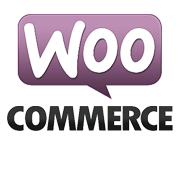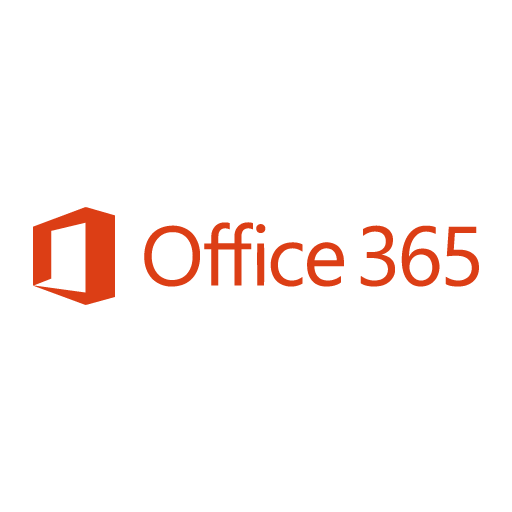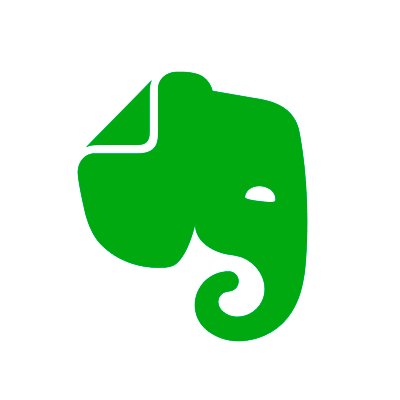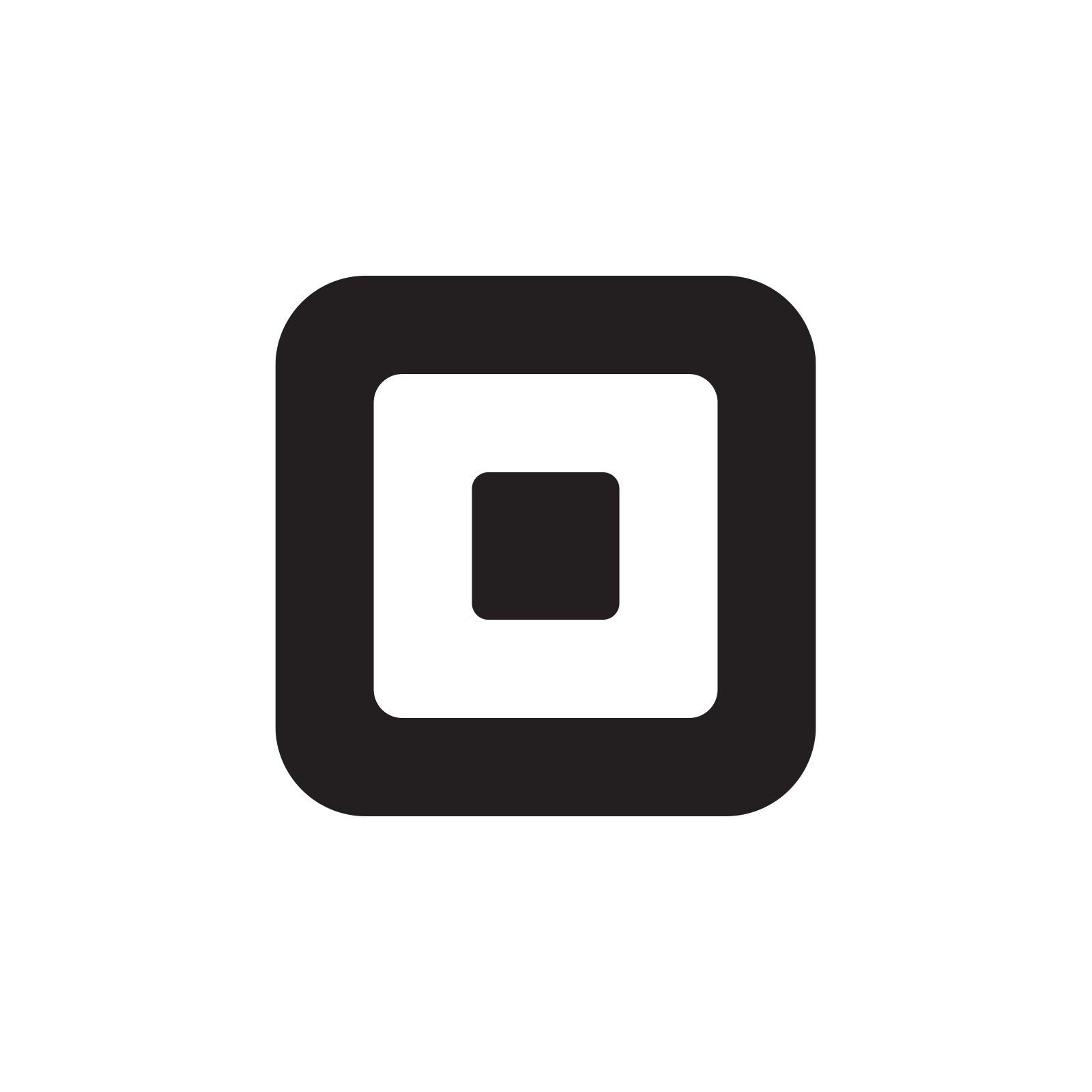How I'm Launching A Food Startup Selling Protein Water In A Can
Hello! Who are you and what business did you start?
I am Sean Penrith, the CEO and co-founder of Mindful Proteins. I was born in Zimbabwe, raised in South Africa, and have had the pleasure of being schooled as an entrepreneur internationally. I doubled Cape Horn on a 42’ ketch, ran a business in Buenos Aires before beginning new ventures in Johannesburg, Wisconsin, and Portland.

Mindful Proteins is the seventh business venture that I have been involved in as a founder, partner, or chief executive. I have been heavily immersed in the world of sustainability, carbon markets, conservation finance, and climate risk for more than two decades. It seemed natural to me to create a company that solidly aligns with my belief in being a responsible denizen of the world.
Jacoba, my co-founder, and I have set out to...


































